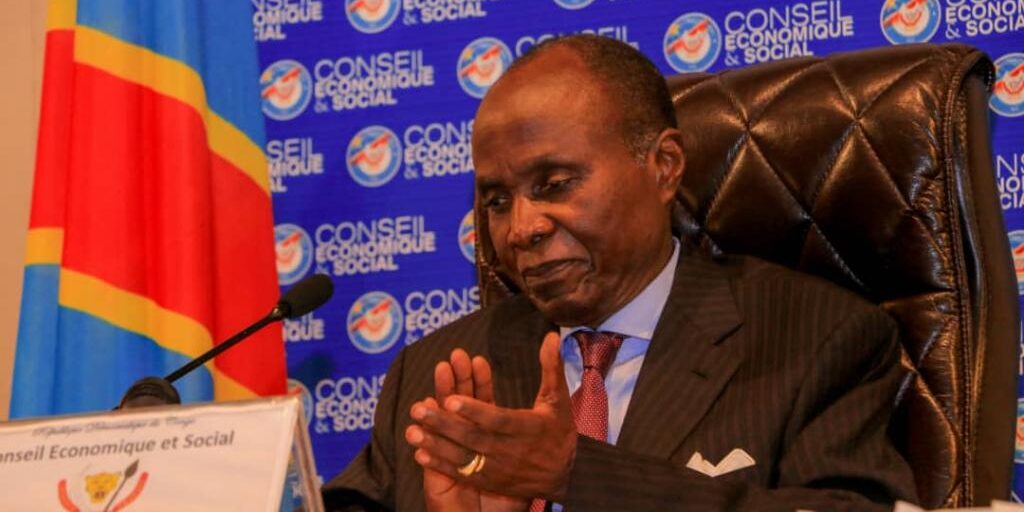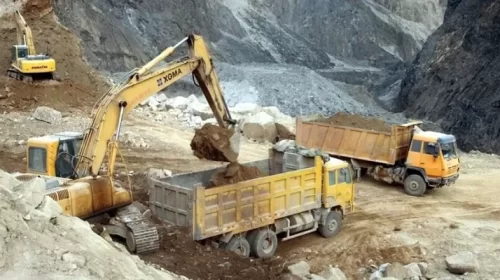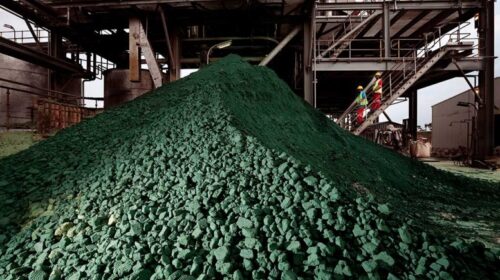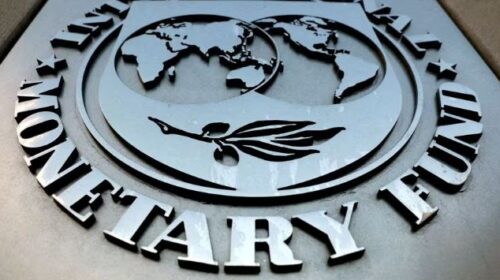DRC: CES President Jean-Pierre Kiwakana calls on government to implement the project to create electric battery manufacturing plants at local level
The Economic and Social Council (CES) proceeded on Friday, April 1st at the People’s Palace to the solemn opening of its April session. On this occasion, the president of this institution of the Republic Jean-Pierre Kiwakana reviewed all the major challenges facing the country before proposing ways of solution.
Speaking of the DRC, which is increasingly positioning itself as a “solution country” in the ecological and energy transition and which rightly gives itself the ambition of being the world leader in the production of electric batteries and, therefore, a major player in the green revolution, Jean-Pierre Kiwakana pleaded for the implementation of the Government’s project for electric battery manufacturing plants. He believes that this project requires the attention of the entire national community given that with an integrated value chain, the DRC will be able at each stage of the process, to capitalize added value and create many jobs.
For the CES, the materialization of this program requires additional efforts on the part of the Government, particularly with regard to the business climate and the improvement of governance. It will also be necessary, he thinks, to ensure from the outset, the participation of nationals in the capital of the companies which must be constituted by majority African capital.
The other major subject on which the president of the CES lingered was that of grassroots development of the 145 Territories. This Local Development Project of 145 territories aims mainly to “reduce spatial inequalities, revitalize local economies, and transform the living conditions and environment of Congolese populations living in areas hitherto poorly served by social infrastructure and services. based.
By supporting the Government for this vision, the CES suggests the involvement and ownership of the communities concerned, both in the implementation and in the control mechanisms. For the CES, the external audit of this project should be entrusted to a firm of international reputation for transparent and efficient management.
With regard to the training of young people, the president of the CES considered that the education of young Congolese remains essential to prepare them for both current challenges and those of the future.
“We return to our plea to put in place, without further delay, a quality education system adapted to the objectives set in relation to the future of the nation, embodied by the Congolese youth. This youth needs to master its history and geography, among other important subjects. This youth must be prepared to face the various planetary challenges that await them tomorrow. She needs to know her country, to secure her space, her traditions and customs, to master her languages which should be taught in schools,” he argued.
Since the end of the October 2021 session until today, the intersession period has been very active for the Economic and Social Council. Several CES missions have been carried out in the field, particularly in North and South Kivu, Doko-Watsa and Muanda, in order to learn about the realities on the ground in connection with the themes being dealt with in the various permanent commissions. than ad hoc.
![]()





